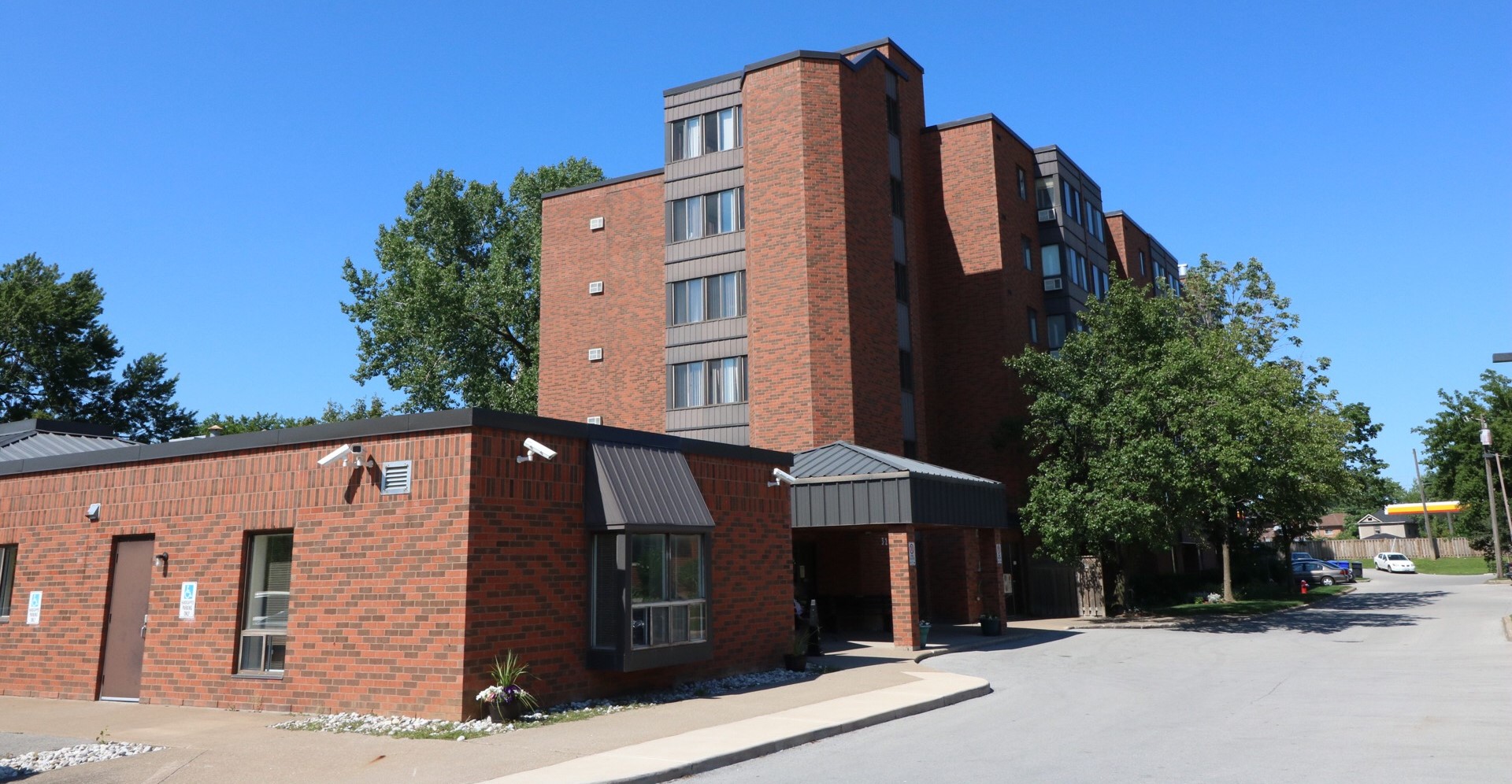Ontario Property Tax Exemptions for Apartment Buildings
Under Ontario law, all properties are liable to assessment and taxation unless an organization can show that its property is exempt. Section 3 of the Assessment Act (the “Act”) lists several exemptions and, in each case, the Applicant must prove that it satisfies the required elements to claim the exemption.
Section 3(1)(12)(iii) grants an exemption from property taxation for:
Land owned, used and occupied by ... any charitable, non-profit philanthropic corporation organized for the relief of the poor if the corporation is supported in part by public funds.
For some time now, Ontario courts have recognized that section 3 of the Act has a dual purpose: providing a tax base for municipalities and providing relief from taxation to those organizations that can satisfy the criteria for a particular exemption. In fact, recent court decisions dealing with the exemption in section 3 (1)(12)(iii) have gone a step further - the public interest in granting property tax exemptions to non-profit corporations organized for the relief of the poor outweighs the public interest in generating tax revenue for municipalities.
In St. Catharines Seniors Apartments Phase Three Inc. v Municipal Property Assessment Corporation et al., 2015 ONSC 3896, the Applicant was successful in bringing a property tax exemption application under section 3(1)(12)(iii) of the Act. The Applicant owned and operated an apartment building which provided affordable housing to seniors of low income.
The only question in dispute and before the court was whether the Applicant was "organized for the relief of the poor". MPAC agreed that the Applicant satisfied the remaining criteria in section 3(1)(12)(iii), including being a charity and being supported by public funds, but argued that the Applicant merely provided affordable housing to seniors and did not therefore relieve poverty.
Justice Quinn disagreed. His honour reiterated that it is the actual operation of the organization, as opposed to its corporate objects, which determine its purpose. Based on the evidence, it was clear to Justice Quinn that the primary actual purpose of the Applicant is to provide affordable housing for poor senior citizens. Justice Quinn found that the Applicant satisfied all of the criteria under section 3(1)(12)(iii) and granted the application for exemption from municipal taxation.
The issue before the Court in the St. Catharines Seniors Apartments case involved some difficult questions. What does it mean to be organized for the relief of the poor? How is poverty measured? What is the definition of poor? With the right evidence and submissions to a court, deserving charitable corporations organized for the relief of the poor can use much needed funds to further their laudable goals instead of using them to pay municipal taxes - an outcome that was intended by the Ontario Government when it included the section 3 exemptions in the Act.
A partner at NextGenLaw LLP acted as counsel for the successful Applicant in the St. Catharines Seniors Apartments case and has the experience to bring forward applications on behalf of charitable corporations.
Contact us for a free consultation.
.png)
